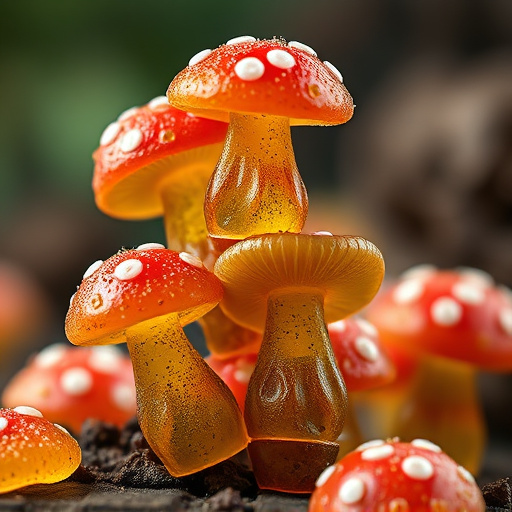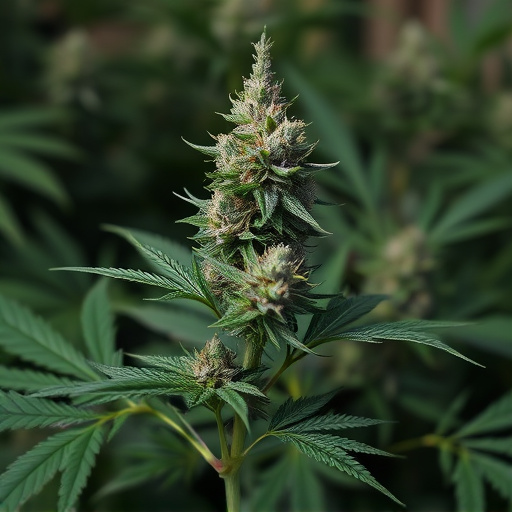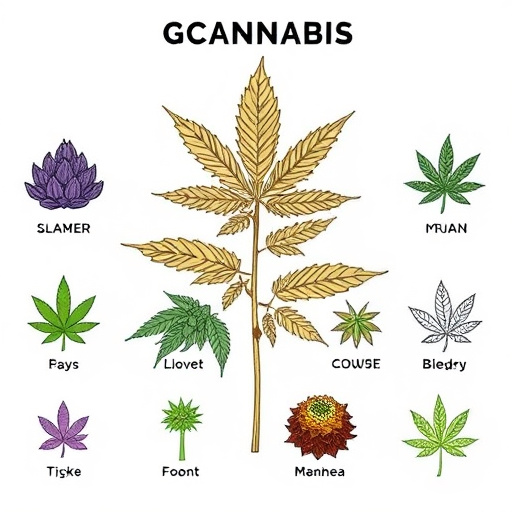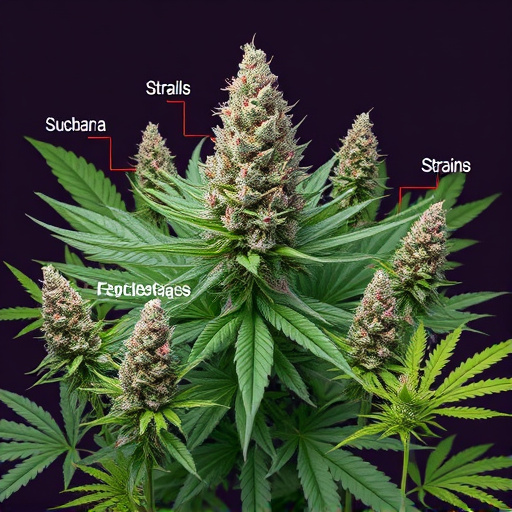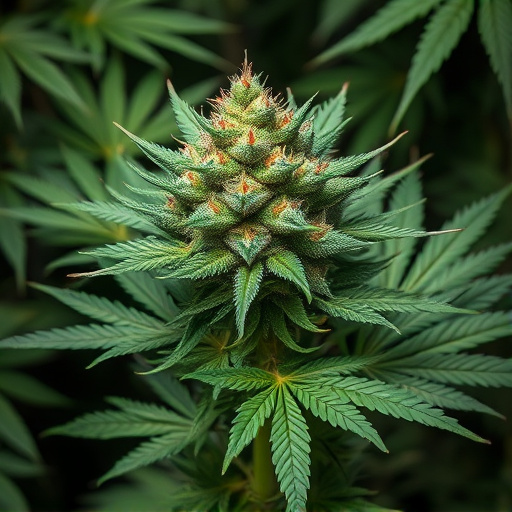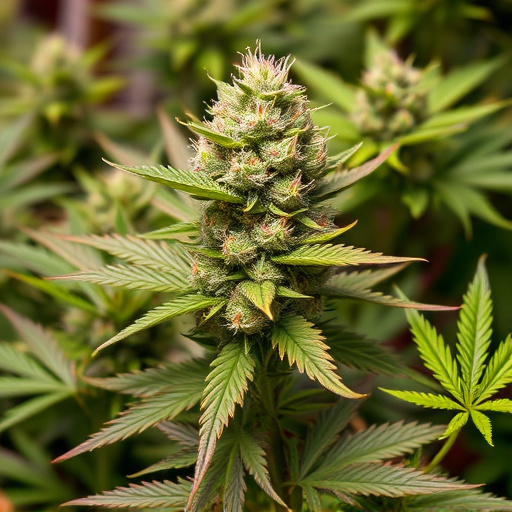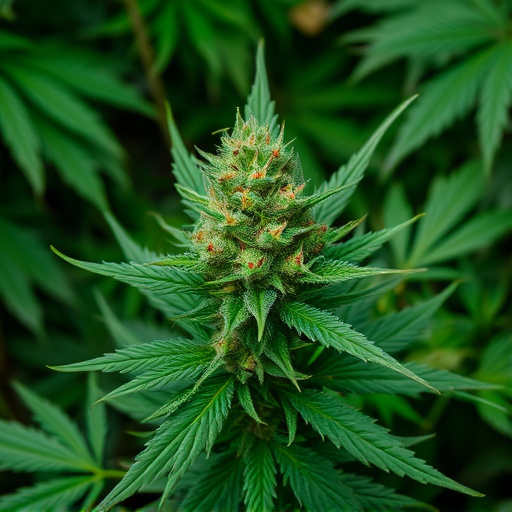Heavy cannabis use, especially with potent strains of cannabis, can cause short-term effects like heightened senses, anxiety, and cognitive impairment, affecting memory, concentration, and coordination. While moderate use may be enjoyable and relaxing, excessive THC intake can lead to respiratory issues and longer-lasting mental health consequences, particularly in young users whose brains are still developing. To minimize risks, consumers should monitor consumption and choose strains of cannabis with balanced THC and CBD levels suited to their tolerance.
“Unraveling the complexities of excessive cannabis use, this article delves into the multifaceted effects both short-term and long-lasting. While occasional enjoyment may bring relaxation, chronic consumption can lead to a myriad of issues, from cognitive impairments and memory problems to potential respiratory dangers and mental health risks.
We explore the intricate world of cannabis strains, their varying THC levels, and the unique impacts of Indica, Sativa, and Hybrid varieties on users’ experiences. Understanding these factors is crucial for navigating the modern landscape of legal and recreational cannabis use, ensuring a healthier relationship with this popular substance.”
- Short-Term Effects of Heavy Weed Use
- – Increased relaxation and enjoyment
- – Short-term memory impairment
Short-Term Effects of Heavy Weed Use

Heavy weed use can lead to a range of short-term effects, often more pronounced with potent strains of cannabis. These immediate impacts may include heightened sensory perception, where colors seem brighter and sounds seem more vivid. This heightened awareness can be enjoyable for some users but may also induce anxiety or paranoia in others, especially with high THC content.
Cognitive functions are also affected, causing issues with memory, concentration, and decision-making abilities. Coordination and balance might be compromised, leading to clumsiness and potential accidents. Additionally, heavy smoking can result in respiratory problems such as coughing and increased heart rate. These effects typically subside within a few hours to days, but frequent or excessive use may lead to more prolonged and severe consequences for mental and physical health.
– Increased relaxation and enjoyment
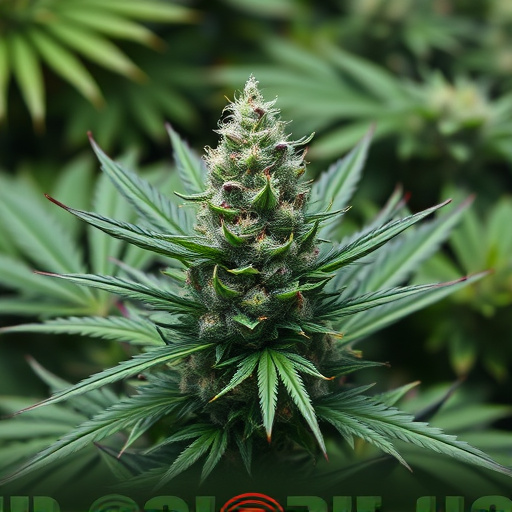
Many users enjoy cannabis for its ability to induce a state of increased relaxation and enjoyment, often described as a “high.” This sensation is primarily attributed to the interaction between tetrahydrocannabinol (THC), the primary psychoactive compound in cannabis, and the endocannabinoid system present in our bodies. Different strains of cannabis contain varying levels of THC, allowing users to choose a variety that suits their desired intensity of relaxation and enjoyment.
While moderate use may enhance leisure activities or alleviate stress for some individuals, excessive smoking can lead to negative effects, counteracting the intended relaxation. Users might experience heightened anxiety, paranoia, or even panic attacks, especially with higher THC content strains. It’s crucial to be mindful of consumption amounts and choose strains suitable for personal tolerance levels to ensure a positive and enjoyable cannabis experience.
– Short-term memory impairment
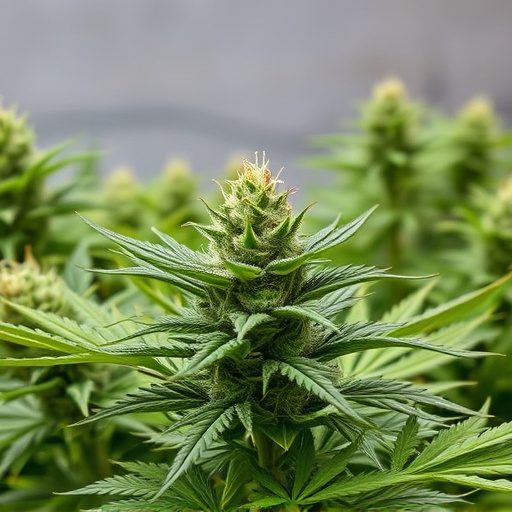
Many users enjoy the recreational effects of cannabis, but it’s important to be aware that excessive use can lead to short-term memory impairment. Studies have shown that frequent and heavy cannabis use, particularly at young ages, may disrupt the normal development of the brain, affecting cognitive functions like memory, attention, and learning. This is especially true for potent strains of cannabis, which often contain higher levels of THC, the primary psychoactive compound responsible for many of the drug’s effects.
When someone smokes too much weed, it can temporarily alter their ability to form new memories or recall recent events. This is due to the impact of THC on the hippocampus, a brain region crucial for memory and spatial navigation. Overstimulation of these areas can lead to forgetfulness, difficulty concentrating, and even anxiety or paranoia in some individuals. As such, it’s advisable to be mindful of consumption amounts and choose strains with a balanced profile of THC and CBD, which may help mitigate some of the cognitive effects.
While enjoying the relaxing effects of certain strains of cannabis is reasonable, excessive use can lead to short-term memory issues. It’s crucial to remember that, like any substance, moderation is key when it comes to weed consumption. Understanding the potential impact on your memory can help you make informed decisions about your cannabis use and ensure a healthier balance between relaxation and cognitive function.

